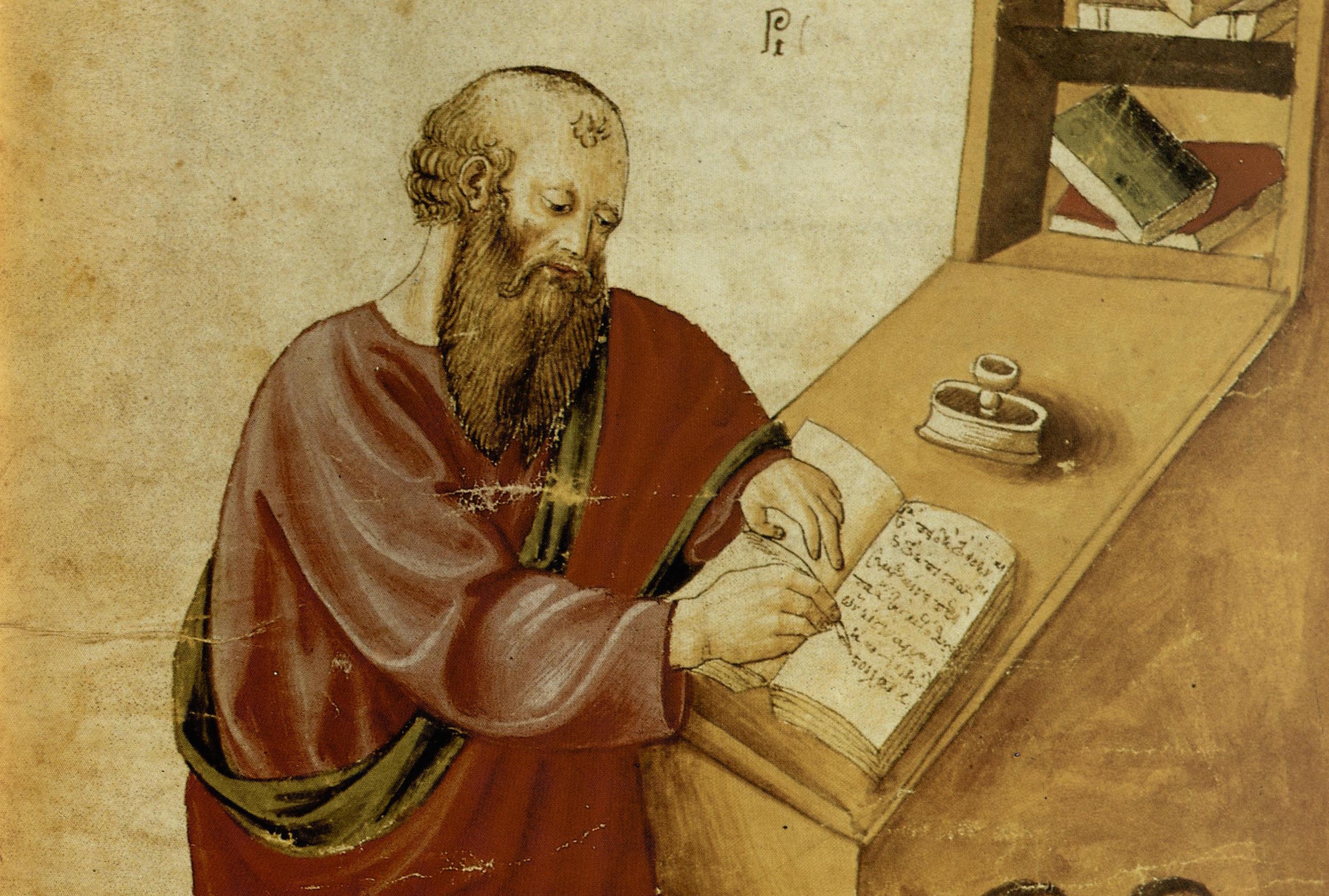Aristotle (384 B.C. to 322 B.C.) was an Ancient Greek philosopher and scientist who is still considered one of the greatest thinkers. When Aristotle turned 17, he enrolled in Plato’s Academy. In 338, he began tutoring Alexander the Great. In 335, Aristotle founded his own school, the Lyceum, in Athens, where he spent most of the rest of his life studying, teaching and writing. Some of his most notable works include Nichomachean Ethics, Politics, Metaphysics, Poetics and Prior Analytics, among others.
Aristotle was born in Stagira, a small town on the northern coast of Greece that was once a seaport. Aristotle's father was court physician to the Macedonian king Amyntas II. Although Aristotle's father died when Aristotle was just a boy, he remained closely affiliated to the Macedonian court for the rest of his life. It is also believed that Aristotle's mother died when he was young as well.
Aristotle is thought to have written 200 works, most of which are in the form of notes and manuscripts touching on a variety of subjects. Unfortunately, out of the 200 works that Aristotle wrote, only thirty-one remain in circulation, most of which date back to his time at the Lyceum.
Aristotle, along with Socrates and Plato, laid much of the groundwork for western philosophy.
Fun Facts:
- Almost nothing is known about Aristotle's mother, Phaestis.
- After Plato's death in 347 B.C.E., Aristotle didn't inherit the position of director at Plato's academy because Aristotle's beliefs didn't line up with Plato's.
- Aristotle opened his own academy, called the Lyceum after getting permission from Alexander the Great.
Aristotle:

No comments:
Post a Comment
Please be respectful. Think to yourself, "Would I say this to a child?"